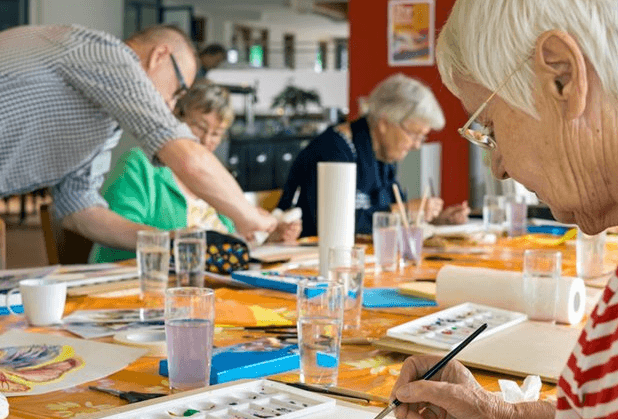The Importance of Social Activities in Aged Care Homes

The integration of social activities within aged care homes plays a crucial role in enhancing the overall well-being of residents. These interactions not only combat isolation and loneliness but also foster a sense of community and belonging. Various forms of engagement, from recreational games to creative workshops, provide cognitive stimulation and promote emotional health. However, the challenge remains in effectively implementing these activities to ensure they meet the diverse needs of residents. Exploring the nuances of this topic reveals deeper insights into how we can better support our aging population.
Benefits of Social Interaction
How does social interaction impact the well-being of residents in aged care homes? Engaging in meaningful relationships fosters community building and relationship development, which are crucial for emotional health.
Evidence suggests that regular social interaction reduces feelings of loneliness and depression, enhancing overall life satisfaction.
Types of Social Activities
A diverse range of social activities plays a vital role in enhancing the quality of life for residents in aged care homes.
Engaging in group games fosters teamwork and camaraderie, while creative workshops provide opportunities for self-expression and skill development.
These activities not only promote social interaction but also encourage cognitive stimulation, empowering residents to maintain a sense of autonomy and fulfillment in their daily lives.
Impact on Mental Health
Engagement in social activities within aged care homes significantly contributes to the mental health and emotional well-being of residents.
Participating in these interactions fosters a sense of belonging and reduces feelings of loneliness. Additionally, such activities provide vital cognitive stimulation, which can enhance memory and mental agility.
This holistic approach not only uplifts spirits but also promotes overall psychological resilience among older adults.
Strategies for Engagement
Creating meaningful opportunities for social interaction in aged care homes requires thoughtful strategies that cater to the diverse interests and abilities of residents.
Implementing community involvement initiatives, establishing volunteer programs, and encouraging family participation can significantly enhance engagement.
Additionally, promoting resident-led activities fosters a sense of ownership and autonomy, empowering individuals to connect with others and enrich their social environment.
Conclusion
In the vibrant tapestry of aged care homes, social activities serve as the threads that weave connection and joy into the lives of residents. These interactions not only illuminate the shadows of loneliness but also cultivate a flourishing sense of belonging. By fostering engagement through diverse activities, emotional well-being is nurtured, creating a sanctuary where laughter echoes and friendships blossom. Thus, the significance of social activities cannot be understated, as they are essential for enhancing the quality of life among older adults.



